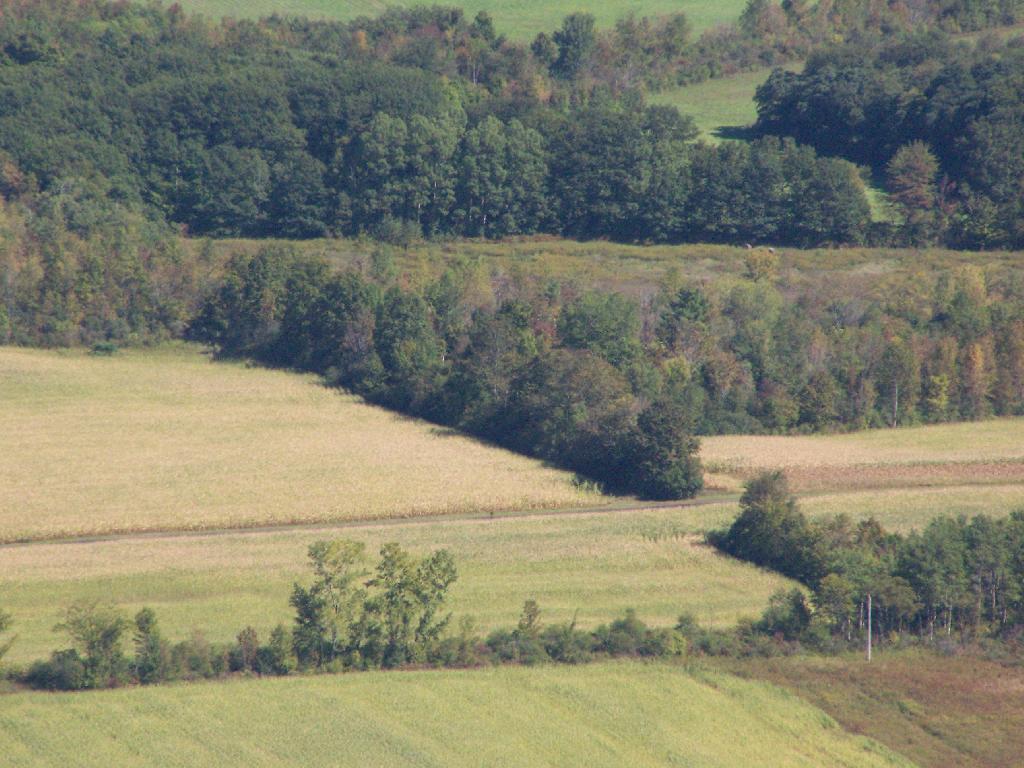NY State spends millions on Frontier Town, but horse riders don’t like it – newyorkupstate.com
NY State spends millions on Frontier Town, but horse riders don’t like it – newyorkupstate.com
NORTH HUDSON, N.Y. -- Frontier Town, the state’s newest Adirondack campground, opened June 28 with promises to be a “unique, world-class” facility for traditional tent campers, RVers and equestrian campers alike.
So far tent campers and RVers have embraced Frontier Town. Horse riders not so much.
“It’s a lovely facility, but it’s just not well-designed for horse campers,” said Dan Gruen, trails council chairman for the New York State Horse Council, who visited the campground when it was finished and said he has spoken to more than dozen campers who’ve been there since.

